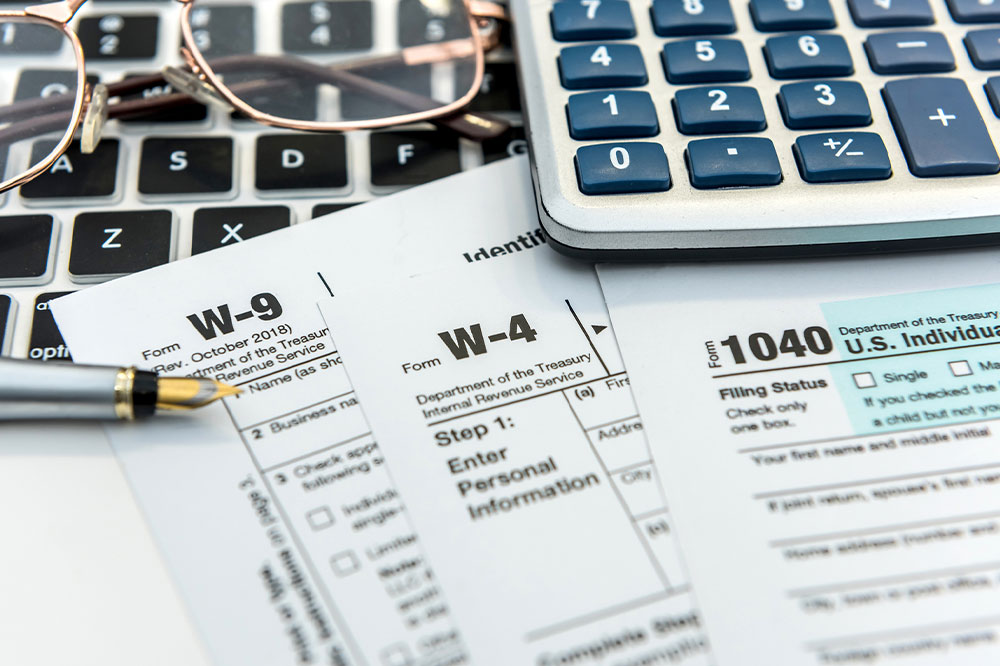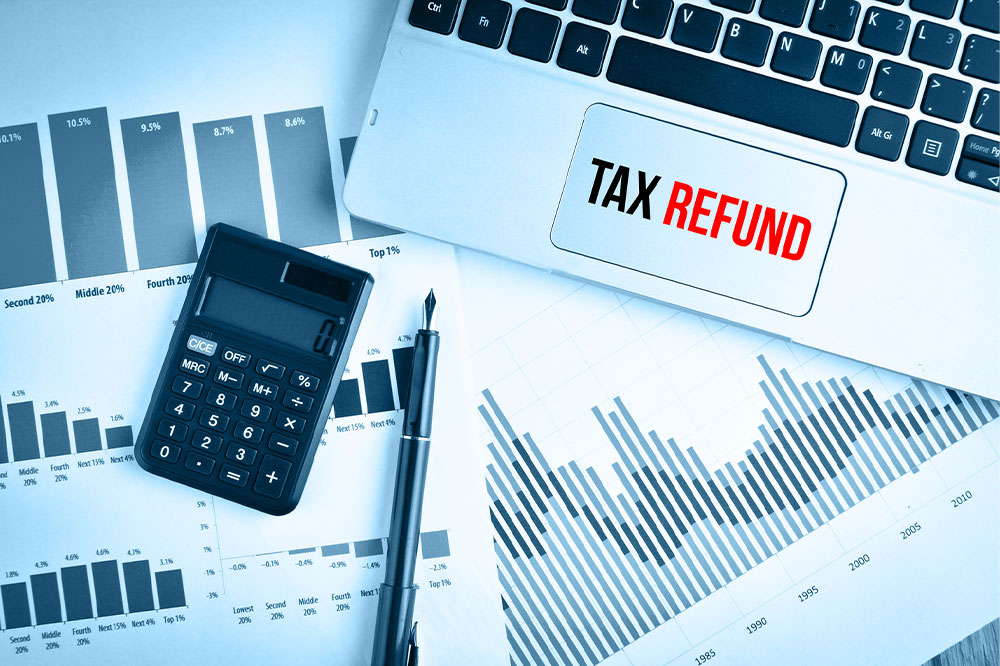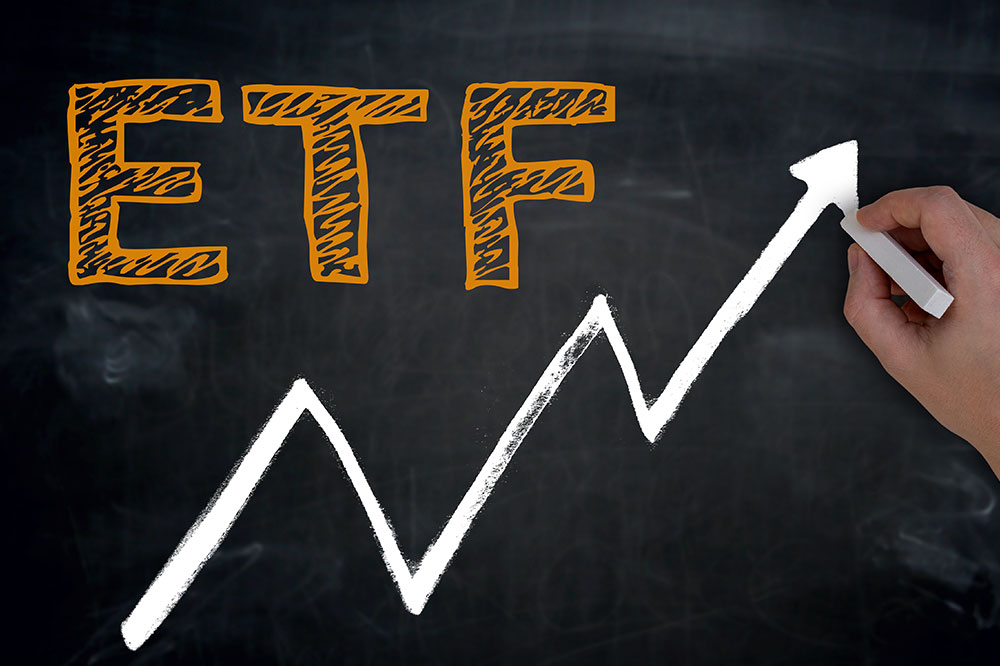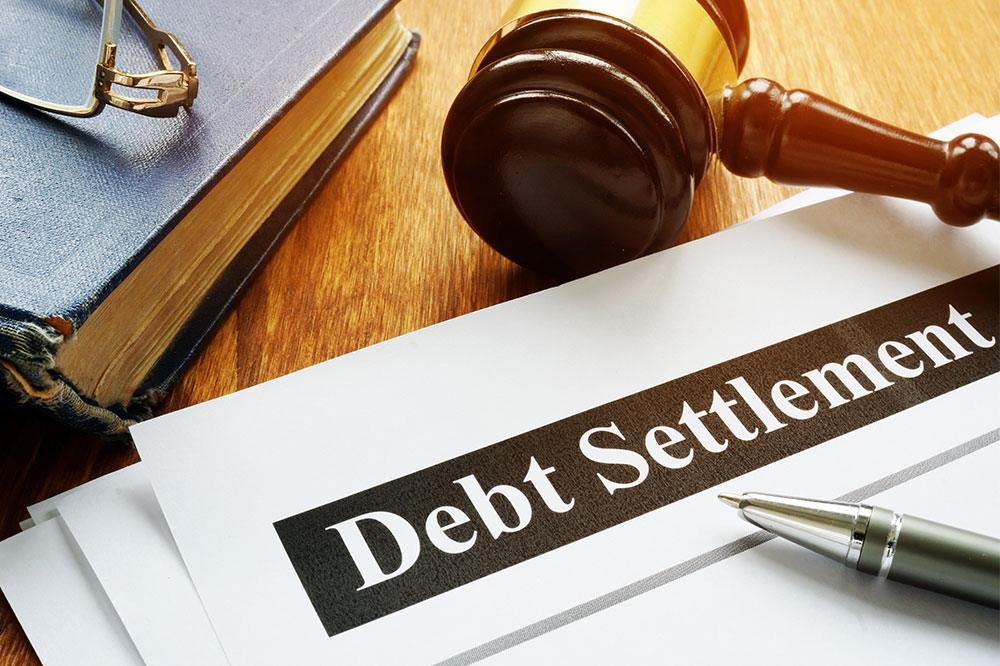
finance
Understanding common types of loans
Buying a new house or vehicle or starting a new business is a big investment for most people. Even if you have the cash to pull off such an investment, financial experts advise opting for a loan for expensive purchases to maintain liquidity. Moreover, affordable interest rates and manageable payment schedules make it easier to deal with fixed financial obligations. Here are the common types of loans that can help you fund an expensive purchase: Personal loans Personal loans are commonly used to tide over some emergency or pay off outstanding debts. You can also use them to pay for expensive products or services. Depending on the amount, you can get the funds in less than 24 hours. Banks charge a fixed interest rate on the principal, and the loan is repaid in equated installments over a fixed tenure. The lumpsum cash can be used to pay off anything. Personal loans carry a lower interest rate, don’t require collateral, and are quickly disbursed by most banks and financial institutions. You can use it to pay for education, an expensive vacation or a wedding, a new vehicle, or for home relocation and remodeling. Business loans Banks and credit financial institutions also provide exclusive funding for small and mid-size businesses that require capital for initial setup and operations.













